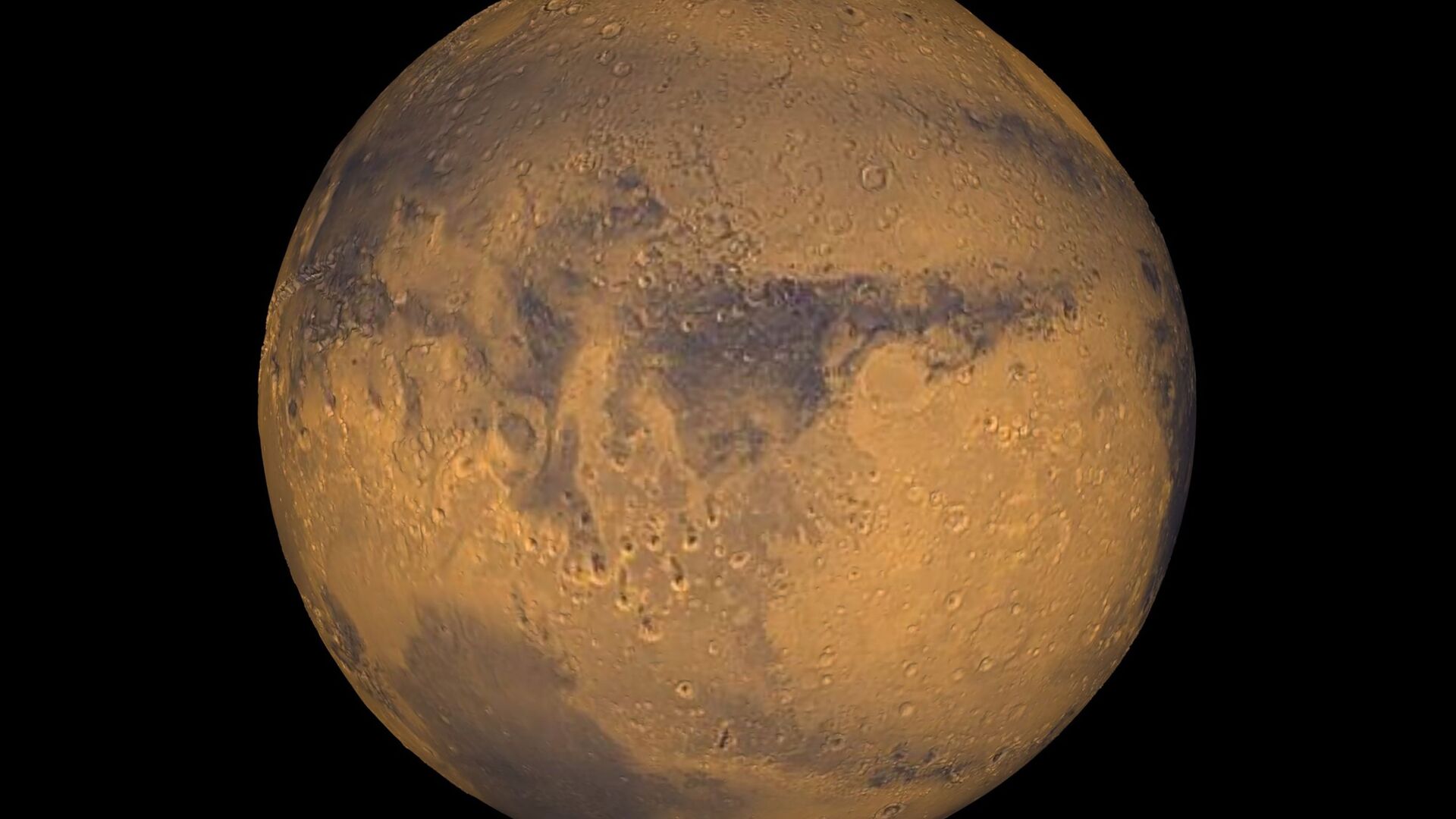Photo, Video: Six Astronauts to Spend Four Weeks on 'Fake Mars' in Israeli Desert
13:04 GMT 11.10.2021 (Updated: 17:11 GMT 20.06.2023)

© REUTERS / NASA/Greg Shirah
Subscribe
The programme is designed to prepare for future Mars missions. It will also help to provide scientists with information on how humans cope in confined conditions, such as those they might face on the Red Planet.
A group of astronauts - five men and one woman - are going to spend nearly four weeks in Israel's Negev Desert as if they are stationed on Mars. They will be living on a fake version of the Red Planet in order to test space suits, drones, rovers, and other equipment.
The team is being hosted by the Israel Space Agency, while the Austrian Space Forum facility in Innsbruck will be managing "mission control".
A practice walk for Mars 👨🏽🚀
— Philstar.com (@PhilstarNews) October 11, 2021
Astronauts from a team from Europe and Israel walk in spacesuits during a Mars training mission at a site that simulates an off-site station at the Ramon Crater in Israel's southern Negev desert.
📷: AFP/Jack Guez pic.twitter.com/0vw6C6kAUP
The participants will be placed under real-life conditions at the Earth-based Mars analogue, where they will have to wear spacesuits once they step outside. There will be a rover at their disposal if they wish to reach some place on the "Red Planet".
Six astronauts from across the globe moved into a unique, space-station-like structure in Israel's Ramon Crater, one of the few places in the world that resembles the extreme conditions on Marshttps://t.co/zBRwOF62On pic.twitter.com/rUu8sF9eqx
— Haaretz.com (@haaretzcom) October 10, 2021
The mission kicked off on 11 October, as participants were isolated from the outer world. The crew will be confined within the artificial space mission and will only be able to chat to "mission control" until they are released on 31 October.
The crew is also expected to carry out multiple experiments, including tests on human interaction.
One of the experiment's main goals is to reflect the real-world experience of future Martian astronauts as closely as possible. Scientists hope the project will help to protect first Mars travellers from the harsh environment on the Red Planet, with its solar radiation, freezing temperatures, and lack of breathable atmosphere.
#Israel
— AFP Photo (@AFPphoto) October 11, 2021
Life on Mars: simulating Red Planet base in Israeli desert: https://t.co/ewdqDG8ozE
📸 Jack Guez #AFP pic.twitter.com/KwW3vrsDxG
